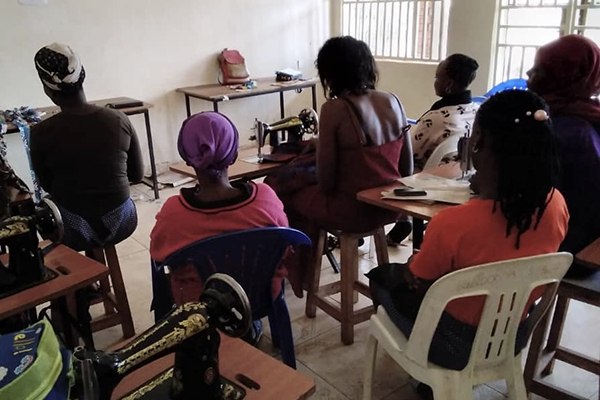
By Nahid Hasan, past district Interact representative and past president, Interact Club of Habigonj, Bangladesh
On 15 August, I had the opportunity to help bring a moment of happiness into the lives of 50 underprivileged children living on the streets of Sylhet, Bangladesh, as part of my Interact club. Interact develops leadership through volunteer work and we take seriously our call to make a difference in our school and community.
Those of us who have been blessed with all that we need have a responsibility to lend a helping hand to those who struggle to secure even the basic necessities. We designed our “Happiness” project to be an example of community service with a spirit of empathy and compassion.
Continue reading



